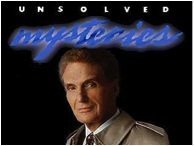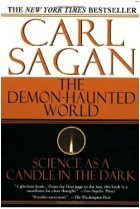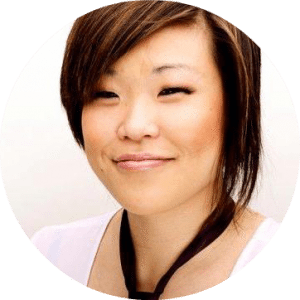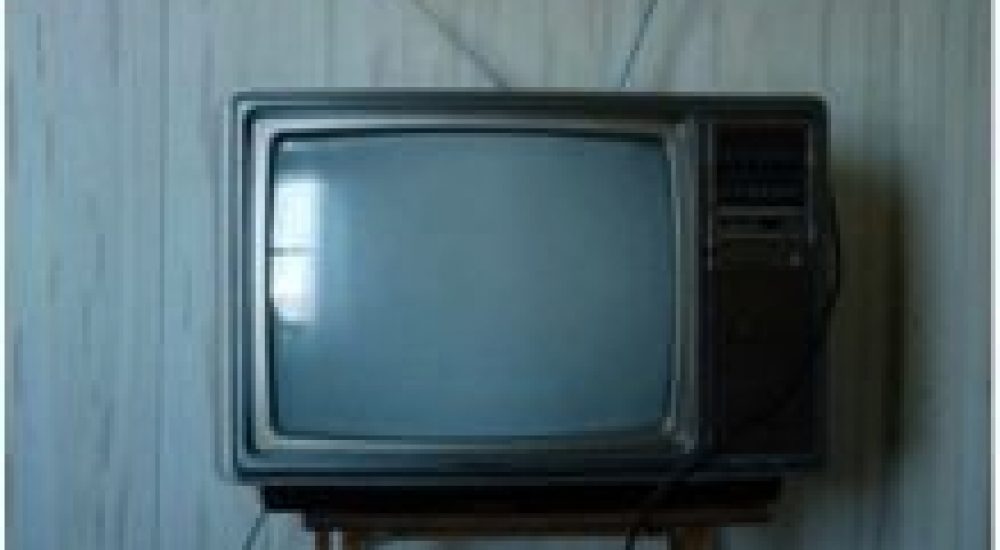Before I begin…
I feel compelled to share with all of you a secret; a secret of the greatest personal significance; one that has undoubtedly shaped my identity and continues to influence my behaviors as I navigate this, which we call human life.
I … am half Martian. Yes. It is true. For those of you that do not know me, you’re probably deeply confused, and for those of you that do, remarkably validated. Have no fear. I come in peace, despite your institutions telling me to, “Fight on!”
Let me explain. When I was 7 years old, I would often sit and watch with my humanoid father, something called “television” on this large cubical apparatus known as a “TV set.” All of my Earthly senses indicate that it is some sort of socializing device for the masses.
Now, do not be fooled by its 3 dimensional form and substandard specifications. It was indeed a television. Humans have been communicating along great distances using these archaic monstrosities for almost 100 years, until they learned 3D was only good when reflected off of 2D appliances.
One of my father’s favorite TV shows was one called “Unsolved Mysteries.”
It was scary; so scary, it was stupefying.
I remember watching an episode with my father on alien abductions and becoming so frightened, I started shedding tears and screaming like a banshee in the livingroom. In an effort to placate my newfound terror of alien visitations, my father did what any respectable, considerate, loving father would do to console his frightened child. He lied.
“Sue Jin, you no have to be afraid of aliens. You, you, half Martian.”
Now to him, he considered this an act of momentary parental brilliance; however, little did he know that in telling me I was related to the alien life forms that were indiscriminately kidnapping humans from their homes in the middle of the night, that my anxiety would thus, be exacerbated by the belief they would one day come to reunite with their long lost progeny.
Knowledge is Power
Embarrassingly enough, I went on to believe that I was half Martian for more years than I’d like to admit, and to be honest, it helped explain away a lot of my neurological idiosyncrasies. But despite the unintended utility of my Martian heritage, I lived in perpetual fear that I may one day involuntarily be taken away from what I consider home, Earth.
Whether it is the belief in Martian descendance or the belief that children are not capable of achieving, or the belief that human beings are not created equal, we have been conditioned, implicitly and explicitly, to accept many ideas that ultimately lack empirical evidence or do not stand the test of time or reason
It wasn’t until I read the book, “Demon Haunted World” by the late, great Carl Sagan, that my fears subsided and I learned what it meant to be skeptical, to be a practitioner of science and critical of our inherent credulous proclivities.
Had I not read Sagan’s book and allowed myself to challenge deep-seated beliefs around my alleged alien origins, I may not have been able to embrace humanity, in all its glory and futility, in the same way. And worse, I may have prevented myself from living free of fear, and continued to feed my dependence on a false idea about the world and my own existence in it.
Now this may seem like a poor attempt at a didactic parable, but it’s not.
It’s a mediocre attempt with some allusions to the human condition.
Although my example is somewhat inane and of ostensibly little significance to the teaching profession, I would argue that it is of the greatest import. And let me share with you why.
Whether it is the belief in Martian descendance or the belief that children are not capable of achieving, or the belief that human beings are not created equal, we have been conditioned, implicitly and explicitly, to accept many ideas that ultimately lack empirical evidence or do not stand the test of time or reason. This is further exacerbated by our culture’s tendency to associate the act of questioning with “playing the devil’s advocate,” as opposed to seeing questioning for what it really is, a step toward our humanization.
Herein Lies the Uncomfortable Truth
We’ve all adopted ideas about the world, about teaching and learning, about others, about ourselves, about existence, about nature and nurture; many of which are indubitably false. Subsequently, we end up teaching this knowledge to our students, tacitly shaping their conceptions about the world, and ultimately, our society.
For many years, I fervently believed that teaching was an autonomous act, independent of student thoughts or opinions, but grounded in my expertise and my ability to communicate it. It was all about me. It was inequitable and conveniently, conventional. In fact, my previous notions around teaching remain the status quo in many educational institutions and environments today. But countless studies in cognitive and behavioral psychology, as well as education, concede that teaching in its most effective, operationalized form, is reciprocal, not autarchic. It is dialogical, not unilateral. It is student-centered, not teacher-centered. It is facilitative, not directive. It is democratic, not authoritarian. It is humanizing, not oppressive.
As a practitioner in the field, I feel an almost alien-like kinship to all of you who dare to represent the alternative.
As educators, many of us know this and we’ve evolved our practices in the classroom as a result. But what of the vastness of knowledge that we do not know, or the books we have yet to crack open that could fundamentally alter the way we perceive truth; that may shed greater light on the harm we are causing students without our awareness.
Our human history is rife with cautionary tales outlining the perils of ignorance and foreshadowing what may be our destiny as a species. But in the age of information and technology, ignorance is a choice. And it is our conscious, deliberate, relentless, voracious drive to learn, to read, to question everything, every day; to heighten our sensibilities and our cognizance of others, and most importantly, ourselves, that will enable us to truly be the greatest teachers. It is because of this, that we must be LEARNERS first, and TEACHERS second.
And it is because of this, that we must teach students HOW to think, and not WHAT to think.
As teachers, we have a moral obligation to our students and to society, to continue learning and challenging ourselves and our presuppositions. If we want to challenge ignorance, we must begin with ourselves. If we want to improve society and the systems within it, we must be willing to admit we are the embodiment of society, microcosms of systems, and have contributed both directly and indirectly to their various iterations. We must be willing to question our own agreements in pursuit of enlightenment, before we can ever truly enlighten others.
Taken together, these are acts of bravery. Being a critical thinker, a life-long learner, and practicing militant humility, that is, embracing our utter inconsequence in the cosmos, will allow us to humanize ourselves, and subsequently, others in the process.
I’ve served in the field of education for almost 14 years and many times, I have felt like a Martian, unable to connect with people that viewed the world, humanity, or Martianity, in the same idealistic way. In fact, even now, many people I meet in education have admitted their fear of challenging the status quo because of the incessant belief that nothing will change. But we must remember that the greatest examples of societal progress and innovation began with some form of idealism, an incessant belief that we can do better, be better, and deserve better.
As a practitioner in the field, I feel an almost alien-like kinship to all of you who dare to represent the alternative.
You represent an otherworldly, not so scary, remarkably anthropomorphized, incredibly audacious, vision for what education can be. And, whether you are serving in my hometown of Norwalk, California, or even on another planet, embrace your Martian side as I have, because being different, being the alternative, being brave, being extraterrestrial, may be exactly what humanity needs.
For breakfast, I had a salad, an apple, and half a grapefruit.
 Author: Sue Jin Kim
Author: Sue Jin Kim
Educator, Writer, Performing Artists
Los Angeles, CA
Sue Jin Kim is an educator, writer, and performing artist from Los Angeles, California. She has performed on both television and radio and is an Associate Artist for Tuesday Night Project. As an artist, her goal to broaden the lens of Asian American talent as portrayed in mainstream media, while representing positive alternatives to female images that currently serve as models in society.
Sue Jin was the Associate Program Director for ASES Prep, an award-winning intervention program in the City of Norwalk, CA, providing at-risk youth the knowledge and skills to make positive changes in their communities through social justice education and non-violent civic action. She is passionate about non-traditional forms of education and space-creation, grounded in humanity, respect, and love and has trained hundreds of educators in the field.
Sue Jin’s current project is called Love and Pedagogy, which explores restorative justice movements in schools and provides a framework for restorative education.
Sue Jin received her BA in Anthropology from the University of California, Los Angeles, went on to receive her MA in Teaching as well as her Ed.D in K-12 Leadership at the University of Southern California.
